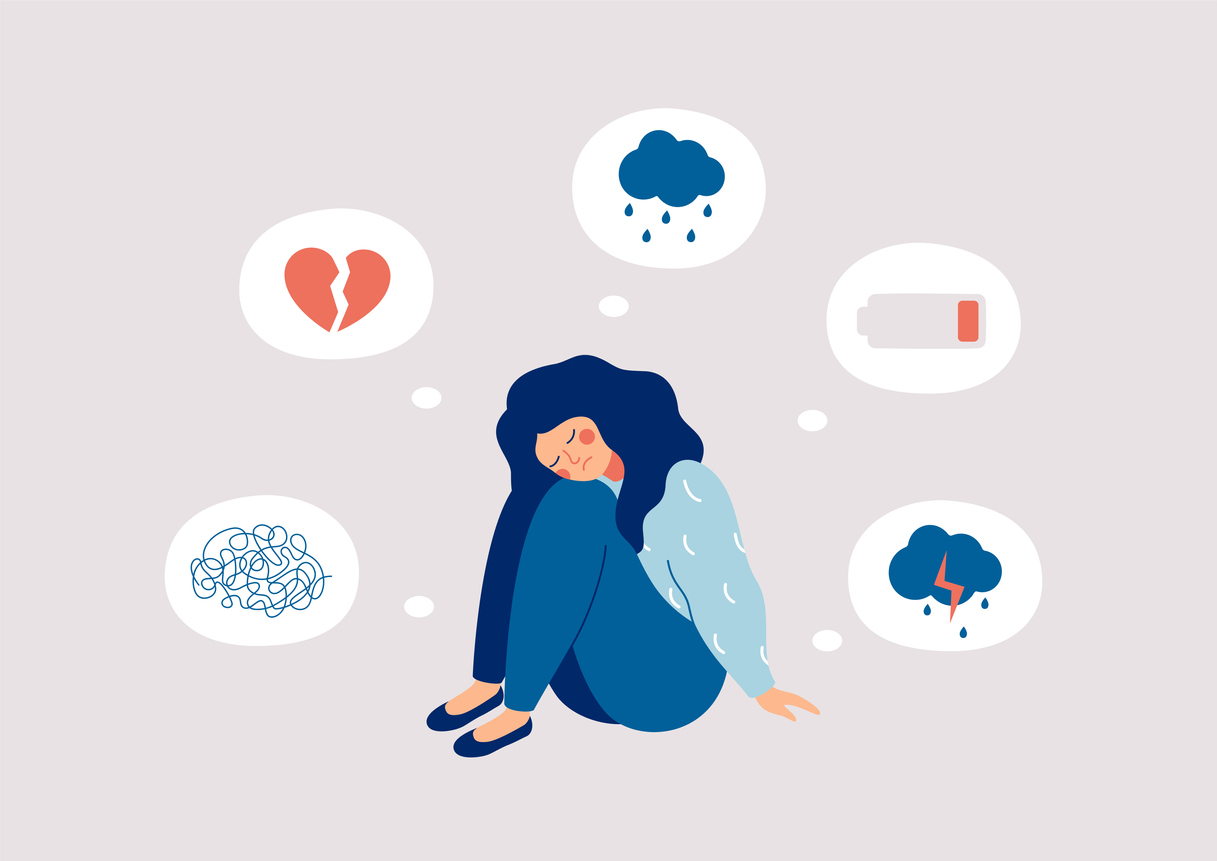It is not uncommon for patients receiving dialysis treatment to have depression, though it can be hard to distinguish the symptoms of depression from those of kidney failure. Trouble sleeping, poor appetite, headaches, and fatigue are all symptoms of both conditions, leaving dialysis patients to wonder not only if they have depression, but if treatment would help to improve the symptoms they are feeling. Talking to your kidney care team is a great first step to figuring out who you should talk to about whether you have depression, along with figuring out potential treatment options.
Though there are many ways to treat depression, a recent Patient-Centered Outcomes Research Institute (PCORI) study looked at two common treatments for depression, cognitive behavioral therapy (CBT) and the antidepressant medicine sertraline, to see how well they work for dialysis patients.
CBT is a type of talk therapy where patients work with their therapist to identify and change certain thought patterns in order to improve how they feel. Typically, this is through one-hour sessions, several times a week. Sertraline, known as the brand name Zoloft®, is taken once a day by patients. The study found that both CBT and sertraline improved outcomes equally well in patients on dialysis with depression, with about one-third of patients no longer having symptoms at the end of the study. It was noted that patients taking sertraline had slightly more improvement of symptoms, but also had side effects more often than patients just doing CBT.
For more information, including questions to ask your kidney care team regarding depression, read the full article from PCORI: https://pcori.me/3aZ3MV7




